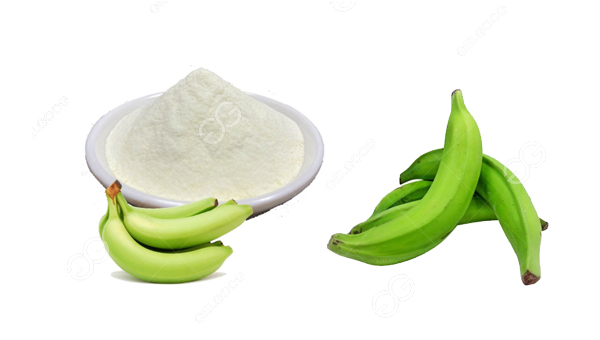Banana powder has emerged as a versatile and widely-used ingredient in various industries, including food and beverage, cosmetics, and pharmaceuticals. This natural and nutrient-rich product has gained popularity due to its long shelf life, ease of use, and numerous health benefits. If you’re considering starting a business in the fast-growing banana powder industry, this comprehensive banana powder business plan will guide you through the process of establishing a successful venture.

Market Analysis:
The global demand for banana powder is on the rise, driven by increasing consumer awareness of its nutritional benefits and versatility. The market is expected to witness significant growth in the coming years.
The primary factors driving the demand for banana powder include its high potassium content, dietary fiber, and vitamins. It is widely used as a natural sweetener, flavoring agent, and thickening agent in the food and beverage industry. Moreover, the cosmetic and pharmaceutical industries are increasingly incorporating banana powder in their products due to its moisturizing and anti-inflammatory properties.
Business Model:
Product Range and Target Market:
Identify the specific types of banana powder you plan to produce, such as green banana powder, ripe banana powder, or organic banana powder.
Define your target market segments, including food manufacturers, bakeries, confectioneries, cosmetic companies, and pharmaceutical manufacturers.
Production and Supply Chain:
Establish partnerships with local banana farmers or plantations to ensure a steady supply of high-quality bananas.
Set up a production facility equipped with machinery for peeling, slicing, drying, and grinding bananas.
Implement stringent quality control measures to ensure consistent product quality.
Marketing and Distribution:
Develop a compelling brand identity and value proposition that highlights the unique qualities of your banana powder.
Create an online presence through a professional website and social media platforms to showcase your products and reach a wider audience.
Collaborate with distributors and retailers to ensure effective distribution and availability of your products in target markets.
Research and Development:
Invest in research and development activities to explore innovative applications of banana powder and develop new product variants.
Stay updated with market trends, consumer preferences, and regulatory requirements to remain competitive in the industry.
Financial Considerations:
Cost Analysis:
Calculate the initial investment required for setting up the production facility, including machinery, infrastructure, and raw material procurement.
Determine operational costs such as labor, utilities, packaging materials, marketing, and distribution expenses.
Revenue Generation:
Set competitive pricing strategies based on market analysis, production costs, and product differentiation.
Explore opportunities for bulk sales, contract manufacturing, and private labeling to increase revenue streams.
Consider diversifying product offerings with value-added products, such as banana powder blends or functional food formulations.
Financial Projections:
Prepare detailed financial projections, including income statements, balance sheets, and cash flow statements, for at least the first three years of operation.
Monitor key performance indicators (KPIs) regularly and adjust strategies accordingly to achieve profitability and sustainable growth.
Starting a banana powder business holds immense potential in the growing market. By understanding market dynamics, developing a robust business model, and implementing effective marketing and distribution strategies, you can position your venture for success. With the right approach, quality products, and a commitment to innovation, your banana powder business can thrive in this ever-expanding industry.
I am exciting this business